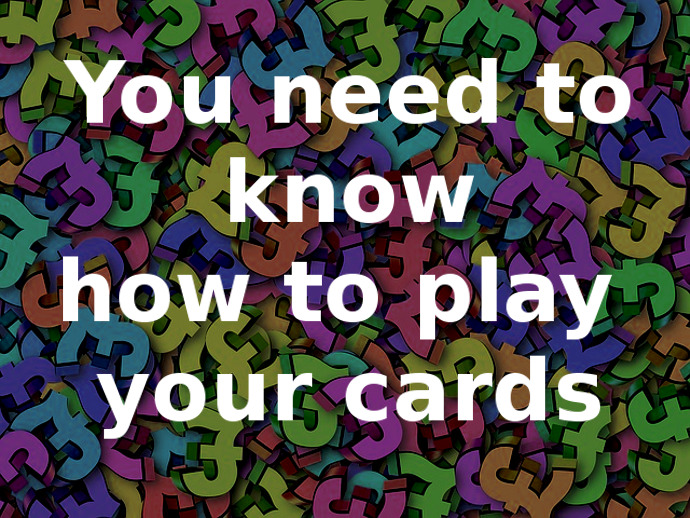How Best To Respond To An Offer To Buy Your Business?

An offer to buy your business could be very exciting, and is your chance to cash out. This article covers how best to protect your position. If you're looking for advice on how to get your buyer to pay more, please read this article instead.
Getting an expression of interest in buying your business - whether accompanied by a number or not - can be very flattering. However, there are some important things you need to know.
1. Don't trust the offer. Small businesses get offers like these all the time and 90% are fake (in some way, shape or form).
2. If the offer is from a competitor, the chances are that they are after information about your business. Competitors often make all the right sounds about how and why they want to acquire your business but, most often, they are simply after information. Even when they are "genuinely" interested in buying your business, remember that it's a long, long road from an initial conversation to a signed contract ... and there are many reasons why they could change their mind during the process. If they do, they'll be walking away with a lot of useful inside information about your firm and how it operates.
3. Appoint an expert to represent you. When seasoned M&A professionals, or large businesses (with M&A or corporate finance advisers behind them), make an offer for your business, the first thing you need to do is appoint an expert yourself. There are a million games the pros can play with you and the difference in knowledge between the professionals and the average business owner is ...scary.
4. Business owners often make the mistake of thinking that because they are smart and have built a successful business they have the savvy to negotiate (or even talk) with the pros. Even in the most casual initial conversations the pros will be making mental notes to use against you! One common ploy is to let you talk up your business. Business owners, especially when trying to "sell" something, slip into talking the business up. This is a serious mistake and anything you say can and will be used against you later... and they are very clever in how they do it!
5. If the offer is from a business broker, the chances are they are just fishing. Business brokers often come up with lines such as, "We have eager buyers looking for businesses just like yours". Most are lying. Several business brokers have large cold calling operations; they call everyone in the Yellow Pages and give them the exact same line. Their cold approach may be by phone or by letter, but it's still a fishing expedition. Here are some of the other tricks business brokers play.
6. If the buyer includes a figure in his offer, that's a warning sign in itself. Buyers don't mention numbers unless they've first had a chance to carefully examine the books, the operations, the tax returns and various other paperwork. Anybody coming up with a number at the start is on a bait and switch operation. They're trying to get you excited about the number and they'll start chipping away at it later through negotiations and through the due diligence.
7. Do not spend any of that money till you have received it! There's many a slip between the cup and the lip. No matter how certain you are that the deal is in the bag, it probably isn't. Most deals falter and fail between offer and completion. So you may have a signed Heads of Terms, the buyer may have proven his liquid funds, the buyer may have paid £10K+ to lawyers and accountants to do the due diligence ...and there is still only a 50% chance that the deal will complete and you will get paid.
8. One buyer is as good as no buyer. If you want to get the best price for your business you need to have multiple buyers on the scene. If a buyer has made an approach or come up with an offer, it falls upon you now to find other buyers to create competitive tension. We cover on this page other tips to ensure you get the best price. Please do read that page carefully.
If you've got just one buyer it puts the deal at risk as they will, almost invariably, use that to their advantage (and there are a number of ways in which they can do that!)
9. Do not discuss anything till you've got a Non-Disclosure Agreement signed... not even whether you'd consider selling or not. Even just meeting or speaking with the party who expressed an interest enables them to claim publicly that you're looking to sell your business ... and that could be detrimental to you as staff, customers and suppliers get nervous about an impending sale. Confidentiality is very, very important in these situations.
10. If you're a UK business and you've had an offer, get in touch via email and I'll give you some further tips on strategy and how to play your cards. No charge. Or I could assist with the negotiation.
Bonus Tip: Do a lot of research before you respond. Good articles on this topic of unsolicited offers include this one from my friend, David Kauppi: I just got an offer to buy my business. Now what?
Also worth reading are How to respond to an offer to buy a business and How to handle an acquisition offer from a competitor.

